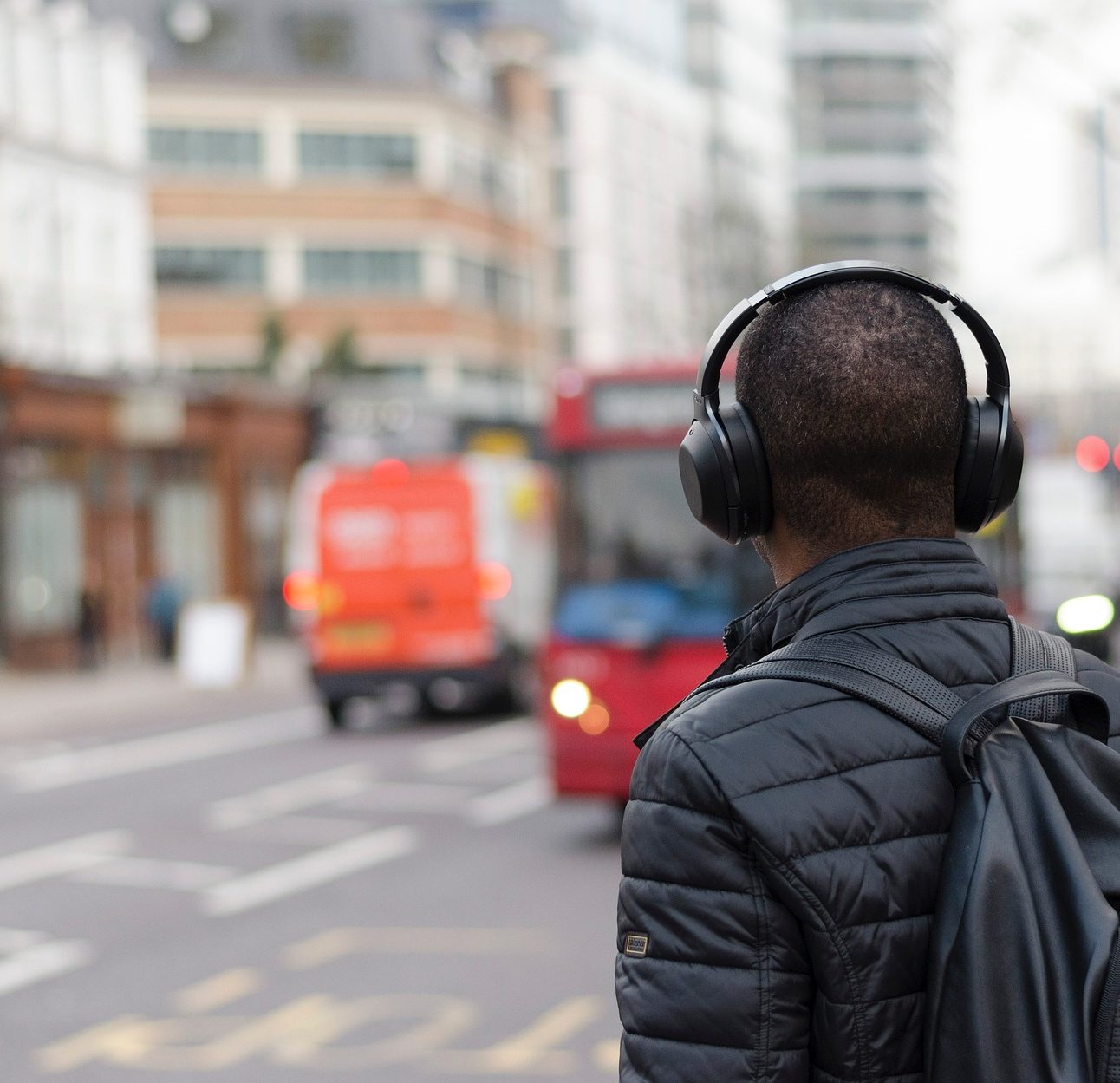
impact of homelessness
LGBTQ+ young people are at greater risk while homeless than homeless people who are not LGBTQ+

You can still apply for benefits such as Universal Credit and PIP even if you’re homeless, in this resource we will explain how.
We’ve created this resource to help you navigate Universal Credit (UC) and disability benefits in the UK.
Everyone who works or or claim benefits in the UK needs to have a National Insurance number. This number is used by the Department for Work & Pensions (DWP) and HM Revenue and Customs to work out how much National Insurance you should contribute based on your earnings.
BUT you can still apply for Universal Credit if you don’t have an NI number. During the application process, the government will supply you with an NI number.
If you do have an NI number, but you can’t remember it, you can find it on:
If you don’t have any of these documents you will need to contact HMRC who will send the NINo to you by post (or to a care-of address).
Citizens Advice offer assistance to anyone who needs to make a claim for benefits. You can find the nearest branch by searching here.
Many homeless services and day centres will also have computers, staff and volunteers available to help you make a claim. You can find your nearest homeless day centre here.
If you don’t have access to the internet and need to make a UC claim, you can find your nearest library that has IT facilities.
To claim Universal Credit you usually need a valid form of photo ID such as an in-date passport or driving licence.
You will need to inform the Jobcentre that you do not have photo ID during your first Universal Credit appointment, and ask for an ID appointment. They will ask security questions and request other evidence such as other forms of non-photo ID to verify who you are. This may include:
One form of ID they may request is your birth certificate. If you were born in the UK you can order a copy of your birth certificate online.
If you have changed your name by deed poll then you will also need to provide the deed poll certificate in case your dead name is appearing on the system, or you have ID documents in your dead name.

You do not need a permanent address in order to receive this. You just need to fill out the online UC claim form and use a trusted family/friend, hostel or Jobcentre as your ‘care-of’ address.
The government have also published information for homeless people about claiming UC whilst homeless.
If you do not have a bank account then you have a few options, the first being the Payment Exception Service, which allows you to collect the payment in the form of a voucher, or payment card.
To use this service you will need to have some form of ID such as:
The second option you have is the HSBC No Fixed Address programme, which will connect you with the nearest charity partner in your area so that you can fill out the application form online or over the phone.
Once this is completed a caseworker will be in contact to set up your bank account and all future correspondence will be made through that local partnered charity.
Depending on your household circumstances you may be entitled to a reduction in your Council Tax. You may be able to apply for a reduction of 25% or more if you are:
If you are on benefits or a low income you can also claim Council Tax Support to further decrease your bill. Contact your local council for details of how to apply.
Personal Independence Payment (PIP) is a benefit for those between 16 and state retirement age, who have additional care needs due to an illness or disability.
To claim PIP there are 3 stages:
2. Fill in the ‘How your disability affects you’ form which you can receive by post or an email to an online form.
3. You will then be requested to attend a medical assessment, For more information on this process please see the Citizens Advice resource on how to claim.
This can be quite a stressful process so please look into advocacy services, Disability Rights UK have a list of different organisations that may be of help for specific health conditions and disabilities.
There are many other benefits that you may be eligible to claim depending on your situation. If you are not sure which benefits you are eligible for, you can use the Turn2Us benefits calculator.
Some of these benefits will need to be applied for separately, such as with Council Tax Support where you need to apply directly to your local council. Your Work Coach at the Jobcentre should be able to help you with some of these benefits.
If you are living in supported or temporary accommodation then your rent is usually paid through Housing Benefit which is separate to UC.
Speak to your local council if you need help to make a claim, or have any questions.
If you need to make a new claim for UC, or you have been sanctioned, then you must report this to your local council immediately to make sure your Housing Benefit is still paid.
Shelter England has an excellent resource outlining this process as does Shelter Cymru (Wales) and Shelter Scotland. These resources are all similar, but each has an additional help for finding jobs.
The rules are slightly different in Northern Ireland however, the website Housing Advice NI has all the resources necessary from processing your claim to getting any additional benefits to working out how much your claim should be.

LGBTQ+ young people are at greater risk while homeless than homeless people who are not LGBTQ+

Understanding the causes of homelessness can help us support LGBTQ+ young people out homelessness for good.

You have a right to vote even if you don’t have a permanent address. Here’s our essential guide to voting while you’re experiencing homelessness.